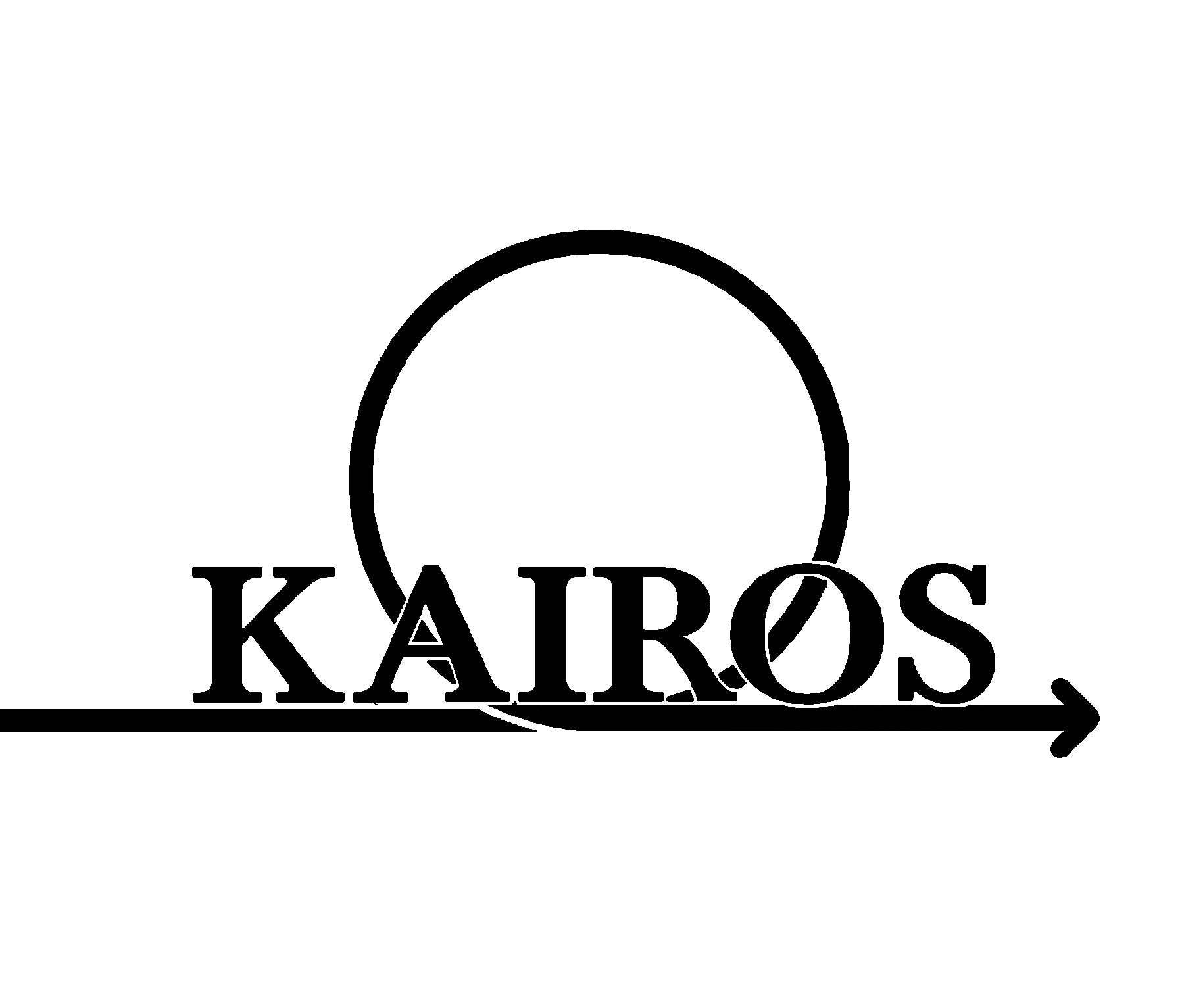Physics of Creation
Unlike simpler physical system, biological and cognitive systems are not simply defined by their boundary conditions and their basic physical structure. They capture ambient energy gradients (sunlight, thermal sources, chemical potential within other biological systems…) and canalize them into continuously (re)constructing their own organization. This property is known in the life sciences as autonomy, or autopoïesis (self-creation). But if biological and cognitive systems can (re)create themselves, they can construct and explore spaces of possibles that are not entailed by physical laws. The study of what drives the evolution of adjacent possibles, and how to describe it physically, has shown to be a terribly hard problem. The reason is simple: physics work by drawing a space of possibles (a statespace), and then writing the constraints over motion in that space. The construction of possibles has been entirely left out of the framework of physical explanation as it was articulated since modern times, due to the assumption that physical phenomena should unfold onto a preexisting space of physical possibilities.
The Physics of Creation project aims to address that limitation by articulating a mathematical framework which starts from the perspective of biological and cognitive activity, rather than the abstract space of physical possibles. Our approach is based on the fundamental continuity between biology and cognition, or in other words on the duality between the constraints that constitute cognitive agents and those they bring about through their ecological activity. Cognitive agents’ ability to perceive and navigate their world is critically enabled by their material means of sensing and acting onto their material environment, and it is motivated by their drive toward the continued existence of their constitutive organization. Because of this, an agent’s engagement with the world implicitly entails a model of their own structural identity, or in other words of the collections of factors which makes them what they are. Conversely, the self-creation (autopoïesis) of biological agents’ organization entails the unfolding of the cognitive reality (of the space of possibles) they experience. An accurate mathematical theory of this process, we hope, may enable a broader account of the construction of physical reality.
By construction, this approach exists at the crossroads of many academic disciplines, most notably philosophy, mathematical physics, and the life sciences. However, our central phenomenon of interest is the collective construction and enaction of cultural landscapes by human societies. If we can account for the way human integrate and enact cultural expectations, and (re)construct the underlying landscape of possibilities in the process, then we can account for open-ended evolution in the general case. To account for that, we focus mainly on two fields of formal research. The first is quantum information theory, a approach to quantum physics which centers on the process of observation itself, and on the implicit constraints it produces on physical interaction as the basis of physical structure. The second is category theory, a meta-mathematical theory which centers on the properties of mathematical structure (the relation between mathematical objects) itself, therefore constituting a natural grounding for describing the construction of physical structure itself. We hope to recruit those approaches to formalize a fully observer-centric, relational formalism which can account for the duality between biological constraints and cognitive reality, and for the dynamics of their construction.
Related Kairos Articles
Our publications
- Guénin—carlut, Avel. 2023. “Strange Things, Statespace Representation, and Participatory Realism - Comment on ‘Path Integrals, Particular Kinds, and Strange Things.’ by Friston et Al.” Physics of Life Reviews, October. https://doi.org/10.1016/j.plrev.2023.10.027.
- Guénin–Carlut, Avel. 2022. “Physics of Creation - Symmetry Breaking, (En)Active Inference, and Unfolding Statespaces.” OSF Preprints. https://doi.org/10.31219/osf.io/68947.
Our research talks
- 2023 January 23 : “Physics of Creation - Can the Free Energy Principle ground the construction of physical statespaces ?”, Research conference, in the Active Inference Institute Livestream, by Avel GUÉNIN–CARLUT. Video
- 2021 October 17 : “Intelligence without creativity - Can Active Inference ground our understanding of life, mind and society ?”, Research conference, in Cognitio 2021, by Avel GUÉNIN–CARLUT. Open access slides and video
